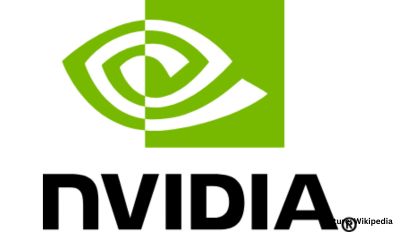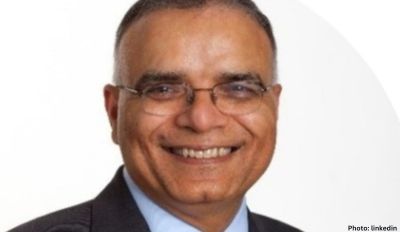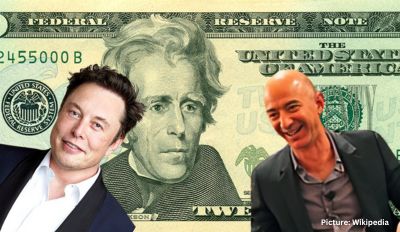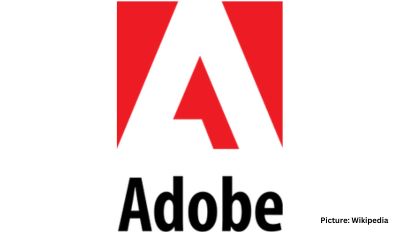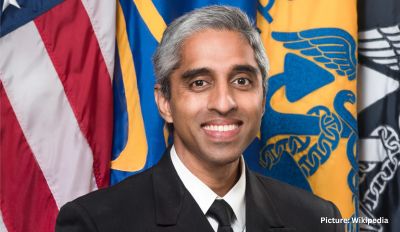When Asia’s richest man and that too an Indian with undisguisedly close ties with Prime Minister Narendra Modi to boot, makes a predatory takeover move on one of the country’s most high-profile news channels, it is a matter of great interest and concern.
The richest Indian in question is Gautam Adani, with the latest net worth of $137.5 billion, and the media company he is making a hostile move on is New Delhi Television or NDTV, the country’s first private television news operation founded in 1988 by the husband-and-wife team of Radhika and Prannoy Roy.
Adani, who has been close to Prime Minister Modi since the latter’s days as both their home state Gujarat’s Chief Minister, has turbocharged his business empire in the last eight years. Since Modi’s rise as prime minister in 2014 Adani’s wealth of $2.8 billion has multiplied close to 50 times. The takeover of NDTV barely two years before India’s next general elections in 2024 is seen by many as part a strategy to overwhelmingly dominate the media discourse in favor of the prime minister.
Jairam Ramesh, a prominent spokesperson of the opposition Congress Party, tweeted, “The news of a deeply over-leveraged company owned by the PM’s ‘khaas dost’ (special friend) making a hostile takeover bid of a well-known TV news network is nothing but the concentration of economic and political power, and a brazen move to control and stifle any semblance of an independent media.”
Notwithstanding its many weak moments over the years, NDTV has attempted to remain an independent media voice at a time when a vast majority of TV networks have just truckled into the often outrageous demands of the ruling dispensation.
Adani’s AMG Media Networks (AMNL), acquired Vishvapradhan Commercial for 1.14 billion rupees ($14.3 million). That gave the company a 29.2% stake in NDTV, according to a regulatory filing. Adani has said he intends to buy another 26% for 4.93 billion rupees, offering shareholders 294 rupees a share.
Sanjay Pugalia, CEO of AMG Media, was quoted as saying in a statement, “This acquisition is a significant milestone” that will “pave the path of new age media across platforms.” AMG Media was founded in March and in less than six months it has made the biggest media takeover move in India.
That the Adani move was a hostile one became immediately clear yesterday after the Roys issued a statement that said it “was executed without any input from, conversation with, or consent of the NDTV founders.”
However, what jumps out in the statement is the following:
“VCPL has exercised its rights based on a loan agreement it entered with NDTV founders Radhika and Prannoy Roy in 2009-10.”
On its part, VCPL feels justified to do so because it has the rights to convert warrants of RRPR Holding Private Limited (RRPRH), the company owned by the Roys. At the heart of the hostile takeover is a reportedly interest-free loan amounting to 4.03 billion rupees dating back to 2009-10. That loan originally came from a company associated with Adani’s rival billionaire Mukesh Ambani, also a close ally of the prime minister.
VCPL came on the scene in 2012 when it acquired a 29.18 percent stake in the company that owns NDTV with the provision of converting the warrants into nearly complete ownership of RRPR. A decade hence Adani seems set to complete the takeover irrespective of the Roys’ protests. He has offered another 4.9 billion rupees to acquire an additional 26 percent stake in the media company making him the majority stakeholder.
Beyond the complex ownership restructuring necessitated by the 2009-10 loan there are larger issues of media independence at play. Of course, in a sense, the interest-free loan from some 12 years ago from an entity which had originally nothing to do with Adani, has come back to bite the Roys and NDTV in their behind.
While it is legitimate to debate what the NDTV takeover will do to the already disastrous media scene in India, it is equally important to remember that a great deal of money—4.03 billion to be precise—is behind the debacle for the Roys. Once people discover these complex facts, the Roys protestations related to media independence may lose much of its validity. The fact that an independent media company chose to take an interest-free loan from an entity they probably knew may not be eventually friendly towards them is problematic.
One can speculate that since at the time when the Roys took the loan, India was very much under the leadership of Prime Minister Manmohan Singh who was broadly hands-off with media control and management unlike the current government, the turn of events may not have been obvious to them. The Roys may have felt it was a safe bet to build their enterprise under a benign gaze of a government generally amiable to the media.
That they let the loan be unpaid for so long as to mutate into a predatory takeover holds a lesson for the tiny sliver of independent Indian media. (Courtesy: Indica News)

